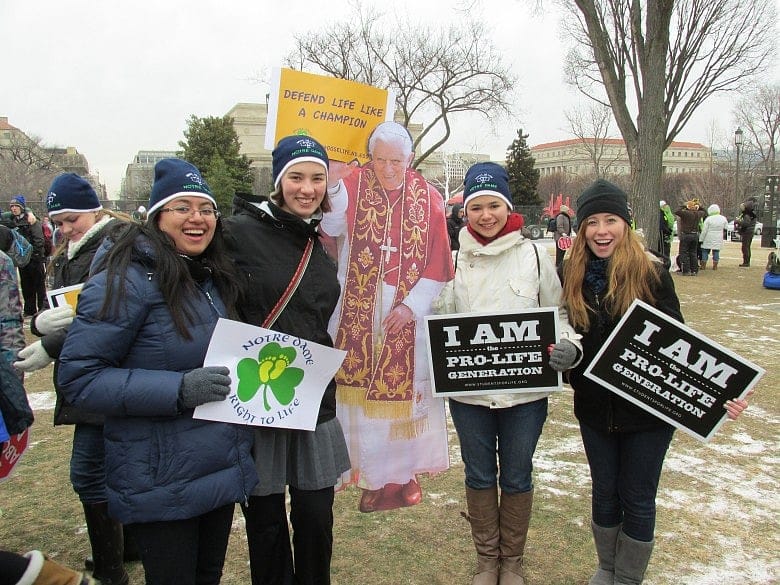Students for Life starts to build on Northeast campuses

BOSTON – After graduating from college in May, New Jersey native Jane Riccardi headed for New England on a rare assignment – to spur on the infant pro-life student movement in one of the most progressive pockets of the country.
Although Riccardi, 23, had spent some time as a student working on various causes, she joined the national Students for Life organization in 2015 as one of 10 regional coordinators, and the first one to hold the post full-time in New England. Since she started, five new high school chapters and two at local colleges have been set up in the region.

